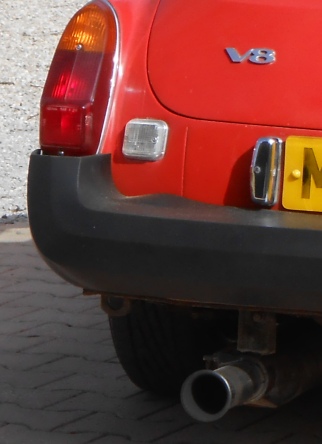New
proposals to improve air quality in London
New proposals
to improve air quality in a consultation and information document from TfL.
More
Existing
Congestion Charge scheme
Although the Congestion Charge is primarily intended
to reduce traffic congestion, it also has an important role to play in improving
air quality in central London. By lowering overall traffic levels in the zone,
it has led to a decrease in emissions. The £11.50 daily Congestion Charge
is paid by those driving a vehicle within the specified zone between 07:00
and 18:00, Monday to Friday. The Ultra Low Emission Discount is a 100 per
cent discount on the Congestion Charge for low emission plug-in hybrid and electric
vehicles. The proposed ES would operate as part of the Congestion Charging scheme.
Ultra Low Emission Zone (ULEZ)
From September 2020, all cars
(except taxis, which are subject to environmental
requirements through the
taxi licensing system), motorcycles, vans, minibuses,
buses, coaches and HGVs
will need to meet exhaust emission standards (ULEZ
standards), or pay a daily
charge, when travelling in central London.
TfL's online survey
See
the online form
What
may follow?
Other urban local authorities in the UK with vehicle pollution
issues may well follow with similar urban emissions controls.
London
emissions proposals
Link to an article spotted by Ken Clayton. More
Posted:
161019 |  | Air
pollution is one of the most significant challenges facing London. A recently
released Transport for London consultation document says "the equivalent
of around 9,400 deaths per year are attributed to air quality related illnesses.
As part of the London Mayor‘s pledge to help improve air quality and health
for all Londoners, he is proposing to introduce an Emissions Surcharge (ES),
more commonly known as the ‘T-Charge’ (or Toxicity Charge) on 23rd October
2017. This will target the older, more polluting vehicles driving into and
within central London.
Detailed statutory proposals for the ES,
which will be paid in addition to the Congestion Charge, are set out in the consultation
document. The introduction of the ES will involve changes to the current
Congestion Charge scheme order, subject to this consultation. The London Mayor
will consider representations received and decide whether or not to approve them
(with or without modifications) in early 2017. Transport for London (TfL) is also
seeking views on the following:
• Bringing forward the introduction of
the Ultra Low
Emission Zone (ULEZ) to 2019, instead of 2020.
•
Extending the ULEZ London-wide for heavy vehicles (heavy goods vehicles (HGVs),
buses and coaches) as early as 2019, but possibly later.
• Extending
the ULEZ from central London up to the North and South Circular roads for all
vehicles as early as 2019, but possibly later. | The
ULEZ would require most vehicles entering central London to meet specified
exhaust emissions standards or pay a daily charge. It is currently scheduled to
start in September 2020. The TfL document sets out the London Mayor’s current
thinking for significantly improving the ULEZ, and builds on his Clean Air Action
Plan, announced in July, which outlines his commitment to addressing London’s
poor air quality. He wants to develop proposals for the ULEZ with the active involvement
of Londoners and relevant stakeholders.
Emissions Surcharge (ES) - vehicle
discounts and exemptions
It is proposed that the same discounts and exemptions
that apply to the Congestion Charge will also apply to the ES, except for:
•
Non-TfL buses, coaches and other 9+ seater vehicles (these will be subject to
the ES).
• Vehicles with a historic tax class (40 years and older)
and/or commercial vehicles manufactured before 1973 that qualify for the Congestion
Charge (these will be exempt from the ES)
• Specially constructed
or modified Showman's vehicles, that are currently subject to the Congestion Charge
(these will receive 100 per cent discount from the ES)
Historic vehicles
are exempt because of their unique status, cultural importance and limited
number. It would also be unreasonable to expect them to comply with the Euro 4/
IV emission standard as it is likely the alterations required would result in
a significant loss of historic character (eg the engine largely replaced with
a modern one). However, they are currently subject to the Congestion Charge and
there are no plans to change this. |
|




